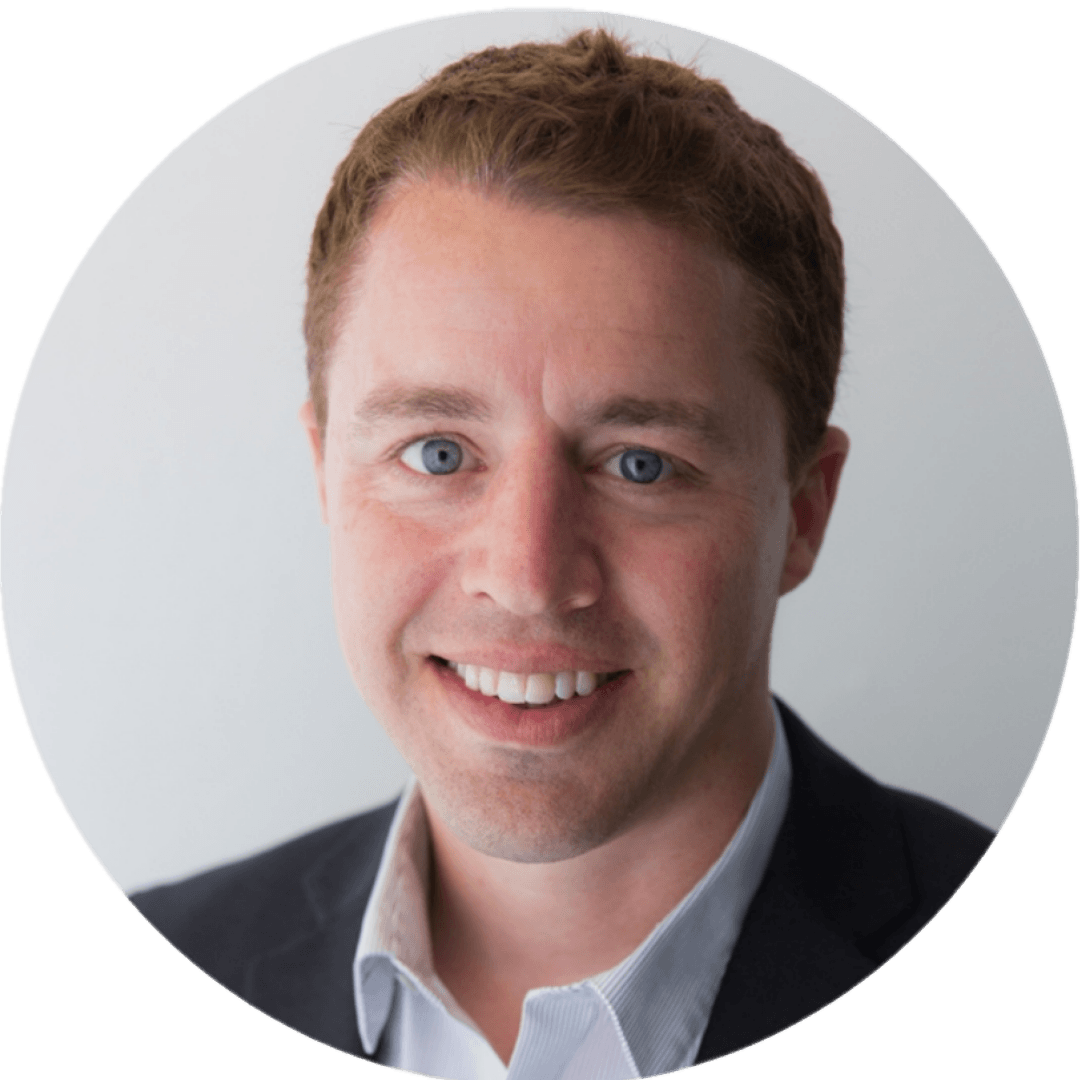
What is an Outlier?

By Dave Coddington
“Outlier” is a scientific term to describe things or phenomena that lie outside normal experience. In the summer, in Paris, we expect most days to be somewhere between warm and very hot. But imagine if you had a day in the middle of August where the temperature fell below freezing. That day would be outlier. And while we have a very good understanding of why summer days in Paris are warm or hot, we know a good deal less about why a summer day in Paris might be freezing cold. In this book [fusion_builder_container hundred_percent=”yes” overflow=”visible”][fusion_builder_row][fusion_builder_column type=”1_1″ background_position=”left top” background_color=”” border_size=”” border_color=”” border_style=”solid” spacing=”yes” background_image=”” background_repeat=”no-repeat” padding=”” margin_top=”0px” margin_bottom=”0px” class=”” id=”” animation_type=”” animation_speed=”0.3″ animation_direction=”left” hide_on_mobile=”no” center_content=”no” min_height=”none”][Outliers] I’m interested in people who are outliers—in men and women who, for one reason or another, are so accomplished and so extraordinary and so outside of ordinary experience that they are as puzzling to the rest of us as a cold day in August.
Ever since I read the book Outliers, I’ve been fascinated by the idea that success is not coincidental. There is much more to becoming successful than simply being talented. There is much, much more to success than the opportunities one is given. There is even more to success than how hard one works. When you were born. Where you were born. Who your parents are. All of these things impact how successful you will be.
At first blush, it all seems somewhat depressing. I mean, really. You and I can’t change who our parents are. I’m not even sure I would want to if I could. We can’t change when or where we were born. We can’t change what schools we attended or the opportunities we’ve been given in years past. In fact, we can’t change anything about the past…yet it has a significant impact on our present and future success.
When I dig a little deeper, though, I find Gladwell’s book to be incredibly encouraging. While there are many things we cannot change and it is unlikely that you or I will ever be the next Bill Gates or Michael Jordan, there are some things we can do to determine how successful we will be. Perhaps more importantly, there are things we can do now to help our children be more successful.
Even better news…the things we can do, they aren’t all that surprising:
Recognize Your Context.
I can’t speak for you but I grew up in a lower-middle class home. I didn’t realize it while growing up. I thought we were straight middle class. Yet, after reading Outliers and re-examining my childhood, it’s really obvious. I love my parents but they made a lot of decisions resulting from lower-income thinking. I’m not knocking my parents, just stating my observations some 20 years later. Yet, it isn’t all bad for me. Trust me, I can see clearly how any amount of success I’ve achieved to-date has been anything but coincidence. And like Gladwell, I can trace progress in my ancestry. All three of my siblings and I graduated from college. Two of us have masters degrees and another sibling is working on his. Both of my parents graduated from college. Both sets of my grandparents were both small business owners.
Only when you recognize where you come from can you begin to re-assess and possibly change the way you view the world around you, the way you think and the decisions you make on a daily basis.
Work Hard.
“The people at the very top don’t just work harder or even much harder than everyone else. They work much, much harder.” Gladwell suggests that you must put in 10,000 hours of practice to become really great at something. That’s a lot of hours! But guess what? If you spend 1 hour per day, every single day, you will get to 10,000 in a little over 27 years. Want to be great? It’s going to take awhile but you can do it!
But here’s the deal. You can’t be an expert at everything. Based on your context, the narrative of your life — who you are, where you’ve come from, what you’ve been given, where you are right now — there are but a few things that you have the potential to be great at. Want to be great? Work hard and focus on something where you’re already well down the road to 10,000 hours.
Be Proactive.
In his example about Christopher Langan, who is perhaps the smartest person alive with an IQ of 195, Gladwell notes that Langan dropped out of college because he lost his scholarship. He lost his scholarship because his mother didn’t fill out the renewal form. Wait. What? She didn’t fill out a form so her child didn’t have enough money to go to school? It seems absurd. Yet it happens all the time. Want to be successful? Be proactive! Don’t let life happen to you. Don’t pass through life thinking that everybody who is successful is just lucky. Again, you may not be the next Josh Groban. But your kid might be. And you can be the best you possible…which is much better than the current you.
I admit, this all seems a bit contradictory. Success is determined by more than talent, hard work and opportunity. Yet the prescription for success — if there is such a thing — is to change your thinking, work hard and be proactive? Exactly!
Ultimately, you cannot determine the peak of your success. You cannot know if you or your child will be the next Daniel Day Lewis. But you can be assured of this. If you do not get rid of stinking thinking, work hard, be proactive and create opportunities for yourself and your children, neither you nor they will be successful.
You won’t be an outlier. You will be just like everyone else…full of waisted potential.
Spread the word

About the Author
Dave Coddington
In addition to actively service clients in various project management roles, I am privileged to lead the great team we have at Project Outlier. I am a strategist, an entrepreneur and a creative. I have an undergraduate degree in Business Administration and Economics and an MBA with an emphasis in Information Systems Management. You can find more about me by visiting my personal blog, and I’d love to connect with you on LinkedIn[/fusion_builder_column][/fusion_builder_row][/fusion_builder_container]